The Essential Asian Horror Collection
The Eye
I came across The Eye years ago when it was recommended to me by my brother who saw it at a midnight showing at Uni. I bought the R3 disc and it's been a favourite of mine since.
The premise is simple: Mun, a young woman blind since the age of two, is given a cornea transplant to enable her to see. As she slowly regains her sight, Mun begins to see more and more of a young boy who asks if she's seen his report card and strange spectral figures. Going to her appointment one day, she sees a boy in the road and walks straight through him, only to find that a car crash has just killed the boy and that his spirit is being led away by a figure in black. Confiding in her doctor, they establish that some spirits stay because they are suicides or victims of a violent death whereas others don't want to leave because they have unfinished business.
Her psychologist, Dr. Lo, who is helping Mun to train her eyes and understand what she is seeing, overcoming 18 years of blindness, is in the shadow of his uncle, a respected consultant ophthalmologist who doesn't believe what his nephew says but agrees to divulge the donor's details to help them figure out why Mun can see the things she can.
Written and directed by brothers Danny and Oxide Pang, The Eye has proved to be massively successful and, like so many other Asian horror films, was the subject of an inferior American remake. Its success is entirely warranted as The Eye is an extremely effective and creepy film with some genuinely gripping and unsettling scenes. Angelica Lee won several best actress awards (including one at the Hong Kong Film Awards) for her performance which is extremely plausible and affecting.
This film probably marked the high point in the Pang Brothers' careers, with the two sequels and a remake of their own film Bangkok Dangerous failing to meet the expectations that their early films showed. The Eye is very well directed and edited so that the visual tricks work, with Mun's shifting bedroom and a particularly unnerving scene in an elevator highlighting their skill.
Outside of Ringu, Dark Water and A Tale of Two Sisters, The Eye is one of the better Asian horrors of the last 10 years or so and is a film I really like. It has an interesting and involving story that could have gone into an unconscious 'I see dead people' parody of The Sixth Sense but stays away from that by having a slightly more complex narrative and a great ending.
Audition
Takashi Miike is a director who embraces cinematic excess, particularly the more violent extremes, most notably in Ichi the Killer and Audition. What begins as a rather sweet romantic drama takes a sudden turn into much darker territory, with an unforgettable torture sequence.
A widowed TV producer, Aoyama, stops off for drinks on the way home with a fellow TV executive and best friend and confides that he is lonely and would like to remarry. His friend suggests that he assists in an audition, asking for women between 20 and 35, for a film that he has basically invented to find a potential wife for Aoyama.
Sitting alone at home, he reads through the applications, looking at the photos and paying particular attention to the essays. One, from Asami Yamazaki, catches his eye because of her ballet training and outlook on life that strikes a chord with his loss. Having narrowed it down to 30 applicants, the audition begins. His friend does all the talking, posing a variety of bizarre questions to the wide range of women - one comes in dressed as a cheerleader and another undresses - but things change when Asami walks through the door. Aoyama finds his voice and talks to the quiet and unassuming young woman, later phoning her and asking her out for a drink.
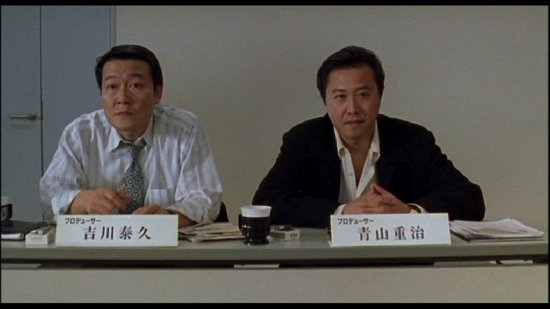
They hit it off and Aoyama is smitten, ignoring his friend's warnings not to get too close when certain aspects of her application don't check out. Soon, he is ready to propose and takes her to his seaside villa to pop the question. However, things don't turn out as planned and Asami leaves in the middle of the night.
This is when the tone shifts as Aoyama is desperate to find Asami yet every lead is a dead end - the man she said was her agent disappeared 18 months ago, the club where she said she works is closed because the owner was murdered and cut up and then, one night, Asami comes calling.
Audition is basically famous for the last half an hour when Asami decides to punish and torture Aoyama in an extremely sadistic way, but there is more to it before then as you see her in a sparse apartment, empty apart from a telephone and a struggling victim in a sack. We know before Aoyama that Asami isn't the naïve young thing she purports to be, yet don't know the lengths she will go to to 'punish' the producer.
It had been a while since I saw Audition, but watching it last night made me appreciate the little parts of the story that I missed the first time and the quality of the acting. It is a deeply disturbing movie with a final sequence that is certainly not for the faint of heart, but is a more accomplished film than is generally acknowledged.
I much prefer Audition to the other Miike films I've seen as this doesn't get so hung up on extreme violence with more of a coherent narrative, probably due to the fact that it's adapted from a novel and Miike had no input in the screenwriting. The acting is excellent and the editing constantly throws you off guard, making you wonder whether what you are watching is real or a dream. Horror fans, particularly those of Asian cinema, should definitely see this if they haven't already - and if you weren't that impressed the first time, give it another try!
Dark Water
Once again working from a book by Kôji Suzuki, Hideo Nakata re-established his position as Japan's finest horror director after shooting to prominence with Ringu (and its two sequels). Staying with supernatural horror and, like Ringu, featuring a single woman with a young child at the centre of the film, Dark Water begins with Yoshimi Matsubara battling for, and winning, custody of her six year old daughter, Ikuko. Without a job, Yoshimi must settle for meagre accommodation in a run-down apartment block, with a strange water stain on the ceiling that won't go away.
The caretaker isn't much help and refuses to investigate the source of the stain that begins to spread and leak into the main bedroom. Yoshimi is further troubled by the appearance of a child's bag that Ikuko finds on the roof by a huge water tower. After a short stay in the lost and found, Yoshimi discovers that the caretaker has thrown the bag away despite Ikuko's attachment and desire to have it and the toys inside.
The young girl is having a hard time in kindergarten, not fitting in very well and seeing things that aren't there. Meanwhile the water in the apartment has a strange taste and some hair even comes out of the tap and that stain just continues to grow.
Unsurprisingly, Dark Water is thematically similar to Ringu, focusing on what a mother will do for her child and incorporating supernatural elements to tell a story with a simple explanation and moving ending. There are also several well orchestrated jumps which are helped by the pervasive sense of unease throughout the film. Yoshimi is an extremely likable character with whom you empathise and her relationship with her daughter, strained through juggling work and childcare commitments, will be familiar to many single parents.
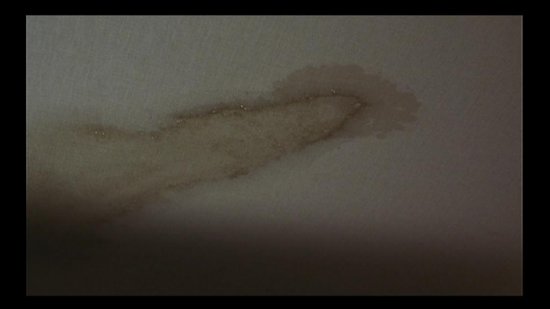
As the follow up to Ringu, this sees a reunion of its director, producer (Japanese horror guru Takashige Ichise) and writer and is of the same quality as that landmark film. Dark Water hinges on the performances of the mother and daughter, as a relationship that didn't ring true would ruin the film, but Hitomi Kuroki and Rio Kanno are perfect, with the latter putting in a performance beyond her years.
Dark Water is an extremely sophisticated horror film, drawing on the close bond between mother and daughter to provide a believable situation to site something horrific and you're so drawn in that the supernatural element works almost without question. I think this is a terrific film that shows how innovative Japanese horror can be. I've seen it several times now and it never fails to move me, the sign of a good film.
The Disc
Extra Features
Other than the usual trailers, the only significant extra feature is Miike on Miike, an interview with the director of Audition which is pretty interesting and worth a look.
The Picture
All three films come with similar picture quality: clear, stylishly shot by decent cinematographers and directors who know how to use mise-en-scène.
The Sound
The Eye has the best of the audio packages with both DTS-ES 6.1 and Dolby Digital 5.1 EX soundtracks which are both excellent and convey the tension and jumps superbly. Dark Water and Audition both have Dolby Digital 2.0 and 5.1 and DTS 5.1 soundtracks but the Dolby Digital options are far clearer as the DTS is a little muddy.
All three are well subtitled.
Final Thoughts
This is a good collection of fine Asian horror films - you could argue about which three would make a definitive 'best of Asian horror' but you could do much worse than these. All three are atmospheric and gripping and provided a good amount of chills and scares, especially when compared to their insipid American remakes or general Hollywood horrors.
Each film was previously released by Tartan Video individually and this box set simply collects the discs from those releases. You neither gain nor lose anything by buying this set and is therefore a good idea for those who haven't purchased these previously. The only downside is the price as, without really trying, I managed to find the three DVDs collectively cheaper than this set.
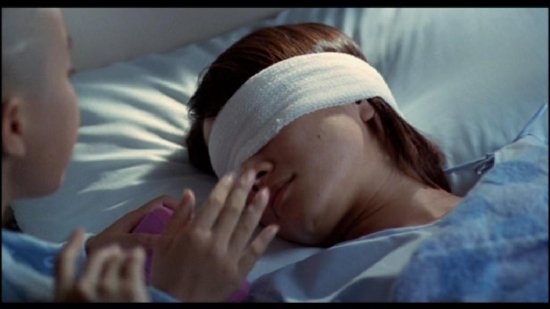
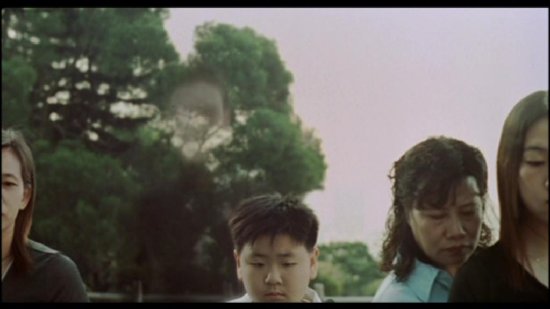
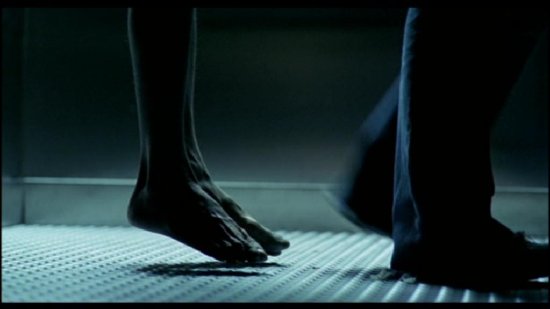
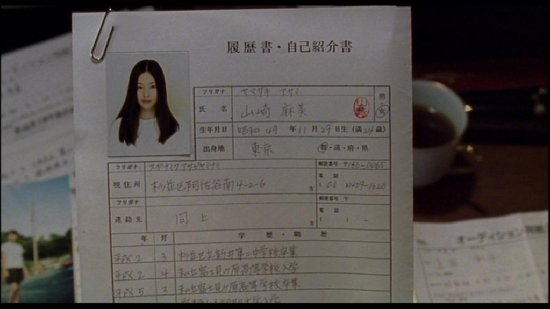
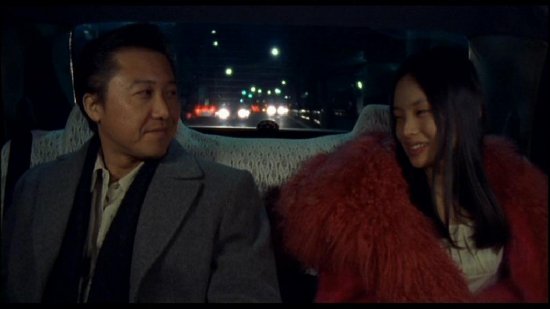
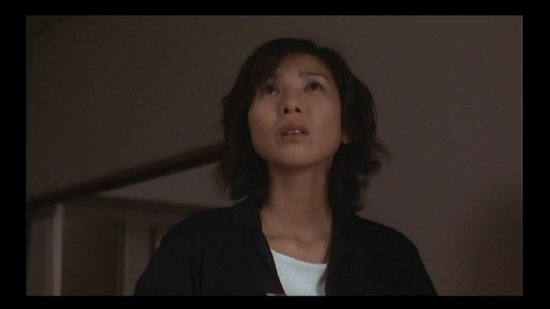
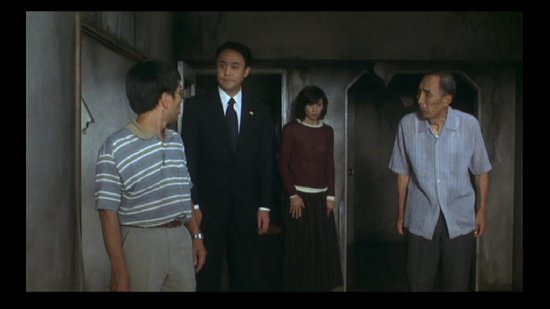
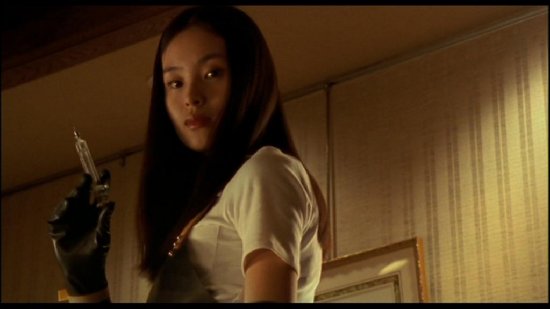
Your Opinions and Comments
Be the first to post a comment!